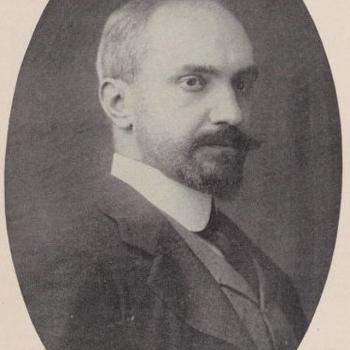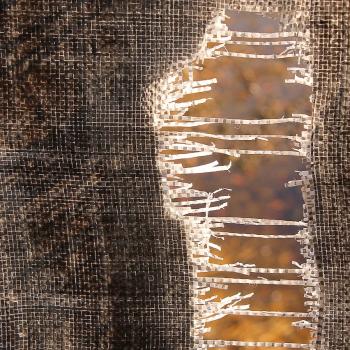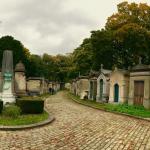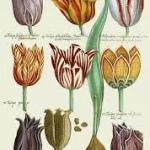Sir Boyle Roche was an eighteenth century Irish politician known even today because of his unfortunate turns of phrase. He was the master of mixed metaphors. He once said, “Mr Speaker, I smell a rat; I see him forming in the air and darkening the sky; but I’ll nip him in the bud.” Sir Roche is best known for saying, “Why should we put ourselves out of our way to do anything for posterity, for what has posterity ever done for us?”
Whether they admit it or not, politicians too often ask, “What has posterity ever done for us?” Politicians and politics are opportunistic and short-sighted, working for the next election. All too easily, we ourselves can be lulled into that sort of short-sightedness. “Sufficient unto the day is the evil thereof,” as Jesus said in his Sermon on the Mount, a favorite saying of my cynical grandfather.
Yet getting bogged down among the alligators of today—or nipping in the bud that sky darkening with rats, as Sir Roche would have it, is not a way forward. The answer to Sir Roche’s question looks at the problem from the other way round: we ourselves are posterity. We are the beneficiaries of humankind’s greatest achievement: the ability to pass vast amounts of information across generations. This is our legacy, and the debt we owe to the future.
Estimates are that since the beginning of our species, something on the order of eighty-five billion people have lived. Homo sapiens has been around for something like seventy-five hundred generations. And there have been something on the order of one-hundred-twenty-five thousand generations since the first differentiation of our species.
Love. Death. Learning. Art. Civilization. Medication. Mourning. Giving birth. Getting sick. Growing old. Imagining solutions to problems . . . It’s an amazing story that I for one never tire of learning more about. We tend to think of history backwards—we think of the ancients as wise people in touch with the earth and the gods. They weren’t. They were our adolescent selves. We—here, today—are the adults. We are the wise ones because we are the beneficiaries of all that has come before. We are posterity.
Always there have been the tyrants. And the violent. And the ignorant. And always there have been the loving. And the caring. And those yearning to be free. All that we have inherited calls us to work for our posterity. Everything is connected. Everything changes. We must care for each other.















